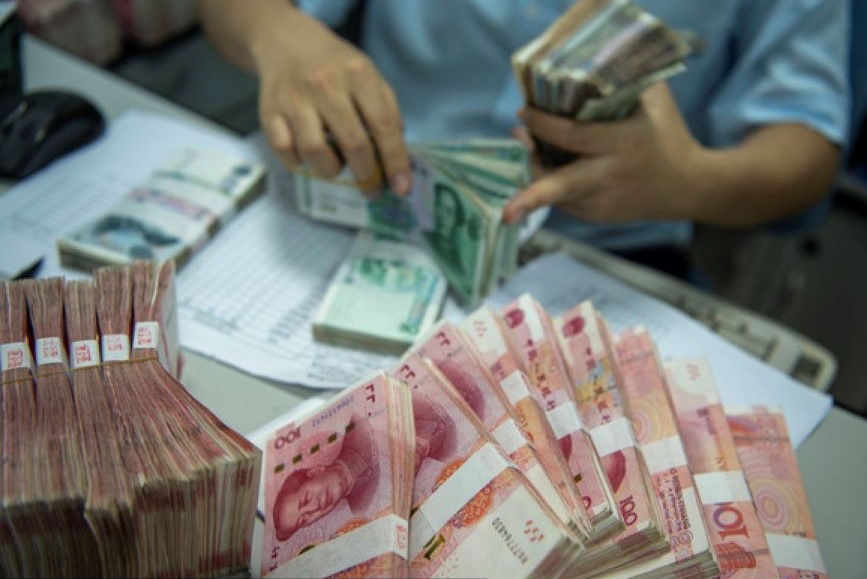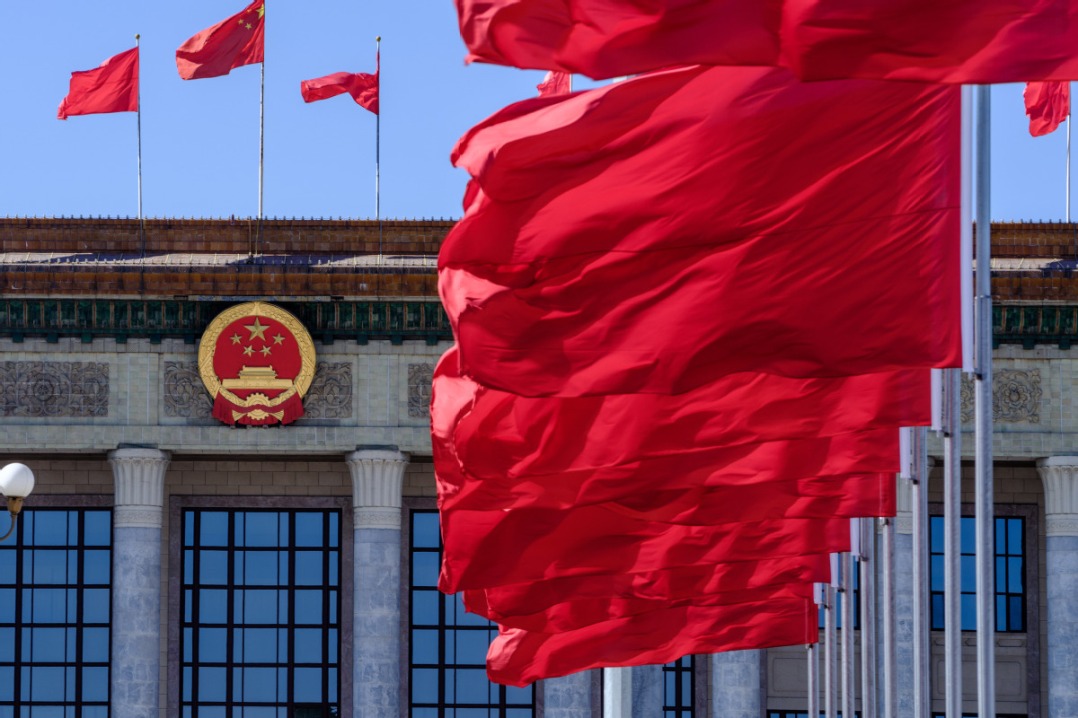Fitch downgrading cannot impede China's economy


On Wednesday, just a day after US Treasury Secretary Janet Yellen concluded her visit to China, Fitch Ratings issued a report, saying China's sovereign credit rating remains unchanged but downgrading China's sovereign credit rating outlook from "stable" to "negative". The Fitch report gains importance because of the timing of its release.
Fitch is one of the world's three leading global rating agencies and the only European-funded one, with headquarters in both New York and London. Usually, downgrading by an international rating agency such as Fitch would deal a serious blow to the concerned country, often causing financial turbulence on a large scale. But this time, it seems different.
In fact, the three major credit rating agencies, the other two being Moody's and Standard and Poor's, have an influence that far outweighs their responsibilities and capabilities. They are private enterprises headquartered in the United States, but they can determine whether governments and businesses in certain countries can issue bonds, as well as the cost of issuing those bonds.
For example, Moody's downgraded the rating outlook on the US in November, 2023, but the US economy's performance, till now, has been much better than expected. As a matter of fact, if rating agencies were reliable, the 2008-09 global financial crisis would not have occurred.
The US government's fiscal deficit has skyrocketed, total debt continues to increase, and the Democratic and Republican parties often disagree on raising the US government's debt ceiling. The risk of the US government defaulting on debt is definitely higher than China's. Yet apart from Moody's downgrading the US' rating in November, the credit rating agencies have been gung-ho about the US economy.
As such, in the short term, Fitch's downgrading of the credit rating outlook will not have a substantial impact on the Chinese economy. Whatever impact it may have will be in terms of emotion and confidence, especially in the context of the competition between China and the US.
In fact, Fitch's report has a special significance given its timing, prompting some Chinese netizens to suspect Fitch is cooperating with the US administration to "criticize" China. China's economy, with a growth rate of 5.2 percent in 2023 and contributing to 30 percent of the global economic growth, has been performing quite well — better than that of the European Union, which nearly slipped into recession under the impact of the Russia-Ukraine conflict. It is better than that of the US, too, which has a national debt of $34 trillion and a fiscal deficit of $1.6 trillion. In today's world of economic turbulence, the Chinese economy is in a relatively good position.
The real challenges facing the Chinese economy this year are real estate reforms and boosting exports. After China lifted the pandemic prevention and control measures, the tourism and catering sectors have shown strong recovery, though they have not fully eradicate the downward pressure brought about by the real estate and export sectors. Also, in order to promote high-quality economic development, China has abandoned some traditional measures to stimulate the economy, while the effects of technological progress and industrial upgrading on China's GDP growth is still to be felt. In such a situation, it is normal for the Chinese economy to face some challenges.
Coming back to the credit rating agencies, S&P, Moody's and Fitch are all headquartered in New York, (Fitch, pretending to be objective, has another headquarters in London). This makes it easy for the US to use to the credit rating agencies as a weapon to influence a targeted country's capital flow and policy direction. Recent years have seen many incidents of rating agencies cooperating with US financial capital to influence other economies' capital flow and performance.
Usually, a negative or not-so-positive credit rating undermines the ability of a targeted country's government to issue sovereign bonds (denominated in US dollars or euros) to raise funds from the global markets. This could deal a serious blow to many developing countries but won't have any substantial impact on China, as China does not depend on foreign loans to run its economy thanks to its huge foreign reserves, booming foreign trade, and the fact that is the main creditor of the US.
So if the US economy with the country's $34 trillion national debt and huge fiscal deficit is not a problem, then the Chinese economy, despite its huge "overcapacity", as US Treasury Secretary Janet Yellen stressed several days ago, will not be a problem.
In August 2023, several investment banks including Morgan Stanley lowered their growth forecast for China. But almost at the same time, Chinese bonds reached the maximum weight of a country on some indexes of JP Morgan, Bloomberg.
Besides, Moody's lowered its outlook for China's banking sector in 2023, but the banking sector's stocks hit new highs in 2024. So when some enterprises and investors panicked and got ready to leave China, others sneaked into the Chinese market.
Western predictions about China have almost always been wrong. This time, too, the Fitch report will be wrong. The "China collapse" theory has not been proven correct for more than 20 years. Fitch's report is only a report. China need not do what they say; it should do what it deems right.
The author is deputy secretary-general of the Center for One Belt One Road, Chinese Academy of Social Sciences. The views don't necessarily reflect those of China Daily.
If you have a specific expertise, or would like to share your thought about our stories, then send us your writings at opinion@chinadaily.com.cn, and comment@chinadaily.com.cn.


































